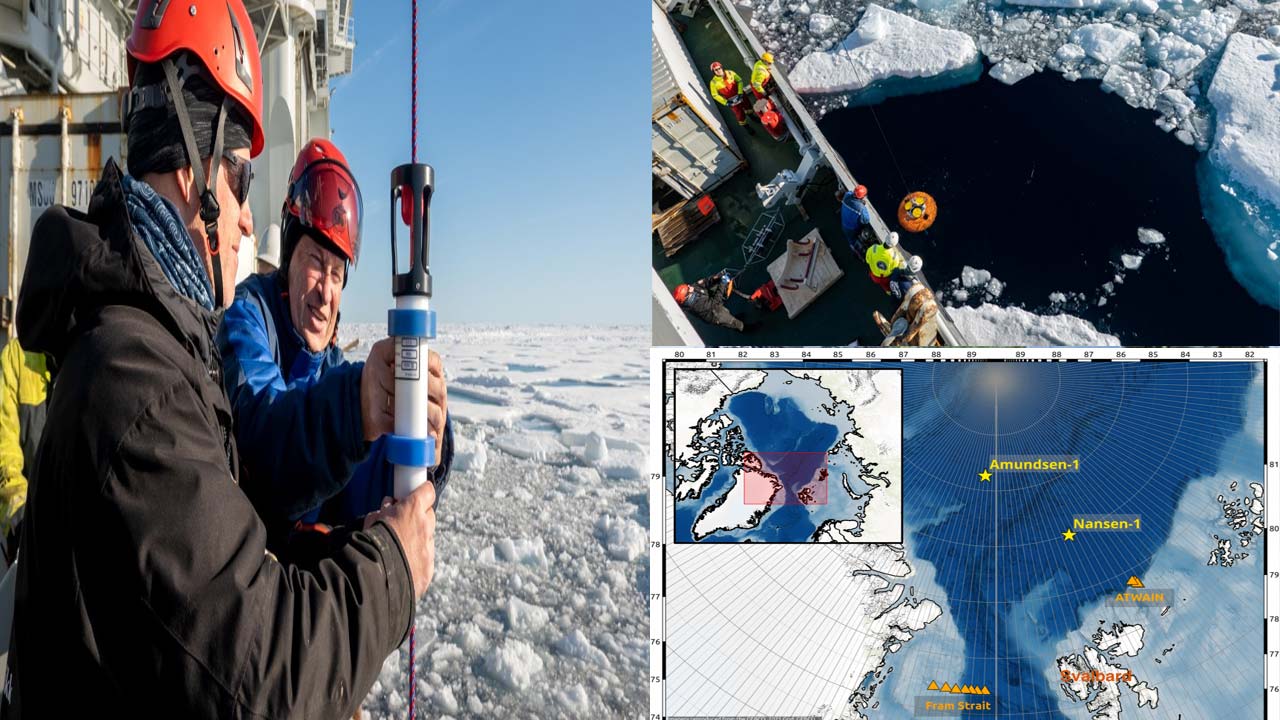
Norwegian Polar Institute: Norwegian Polar Institute Retrieves Arctic Data Device
Scientists from the Norwegian Polar Institute have successfully retrieved a data-collecting device installed two years ago at their northernmost and deepest Arctic Ocean site. The device, which measured water conditions, the ecosystem, and ice dynamics, also captured sounds such as ice crashes, whale calls, and potential ship noises.
Importance of the Data
Oceanologist Paul Dodd emphasized the urgency of this data for Norway and the global community to manage Arctic seas effectively. The data is critical for understanding changes in the Arctic, particularly as the region becomes more accessible due to warming temperatures.
Implications of the Findings
The Arctic Ocean is warming, leading to increased human activities like fishing, transport, and tourism. Dodd noted that this marks a new era for long-term Arctic monitoring and comparison between the Amundsen and Nansen basins. Researchers anticipate that the warming could shift the balance, allowing Atlantic species to outcompete cold-adapted polar species.
Challenges and Future Plans
Despite the warming, the retrieval of the 4,000-meter rig was challenging due to dense ice coverage. The team plans to analyze the data by the end of 2026 and make it accessible for broader use, aiming to enhance understanding and management of the Arctic environment.





















